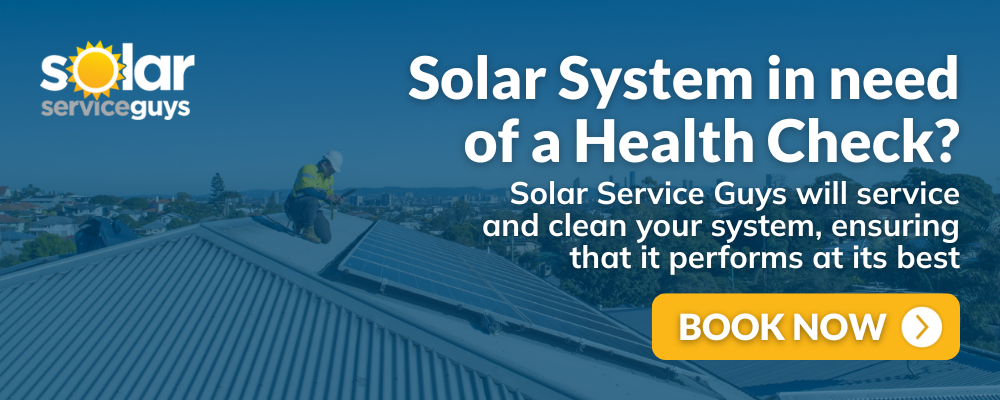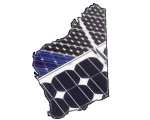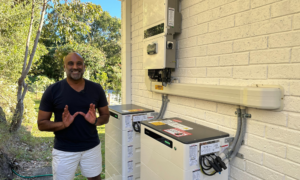An audit of a small number of home solar power systems in Western Australia carried out by EnergySafety has raised concerns about the prevalence of shoddy installation quality. However, none of the installations posed an immediate electric shock or fire hazard and the nature and timing of the report has been called into question.
EnergySafety, a state government department, is responsible for the technical and safety regulation of all Western Australia’s electrical industry and most of the gas sector.
Of the 260 inspection checklists reviewed by the agency, 50% of solar power installations were found to be defect free. 50% presented at least one defect; ranging from infractions such as incorrect or no labeling through to issues including incorrect wiring of DC isolating devices.
12% of installations inspected were found to have incorrect DC isolator wiring – considered a Category 1 defect. DC isolators disconnect the solar panels from the solar inverter and isolate the modules from cabling.
11% of installations had a Category 2 defect, which includes failure to provide adequate mechanical protection to cables.
27% of solar installs were found to have a Category 3 defect; either having no labelling or incorrect labelling of components and/or incorrect/missing safety instructions and warnings.
In its report, EnergySafety said while none of the sub-standard installations posed an immediate electric shock or fire hazard, or was disconnected as a result of the inspections, the defects identified require rectification. Inspector’s Orders that required the electrical contractors responsible to rectify the defects were issued in each case.
The report was welcomed but also strongly criticised by the Sustainable Energy Association of Australia (SEA).
“…For a report that was based on work commenced in June 2011 to be issued on the day before the Christmas break to offer advice that has alarmed customers about a potential but low probability risk to contact their supplier is alarmist and irresponsible,” said Professor Ray Wills, SEA Chief Executive.
Of the installations with Category 1 defects, Professor Wills questioned the provenance of these systems.
“What was the nature of the 31 installations that were faulty? Was every one of these installations done by different installers, or was there a cluster of faults with one or several particular business?”
An earlier survey carried out by SEA with a far larger sample – 5,000 systems compared to EnergySafety’s 260 – paints a very different picture, with 18% of systems likely defective according to the EnergySafety definitions of Category 1, 2 and 3 issues.
“Fewer than 2.1% are likely to be suffering a Category 1 defect reported at 12% by EnergySafety,” said Professor Wills.
According to solar solutions provider Energy Matters’ CEO Jeremy Rich, the results of the audit need further scrutiny.
“I encourage EnergySafety to engage with the SEA and the industry, and then perform a follow up study,” said Mr. Rich.
“As far as I am aware, the audit process from which the inspection checklists were sourced is a probabilistic method, where newer installers or installers with recent defects are sampled at higher rates than established installers with low inspection defect rates. As such, the data is not going to be representative of the entire installation sample – it will always demonstrate higher defect rates due to the nature of the sampling.”
Mr. Rich also pointed out Energy Matters and most other solar installation companies have internal quality control programs in addition to ORER /Western Power audits to prevent the types of issues reported occurring.
Related:
Solar Power In Western Australia
















































